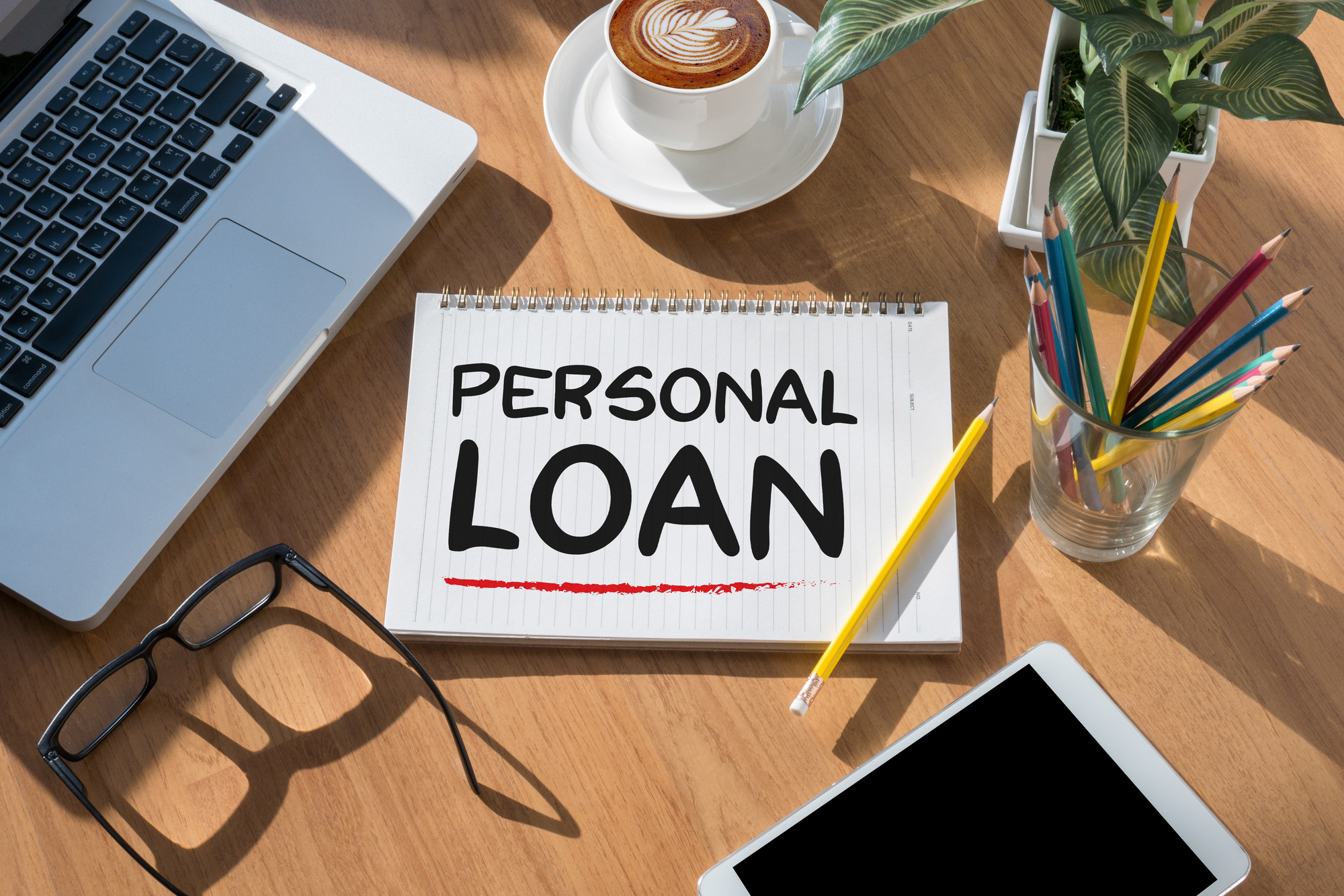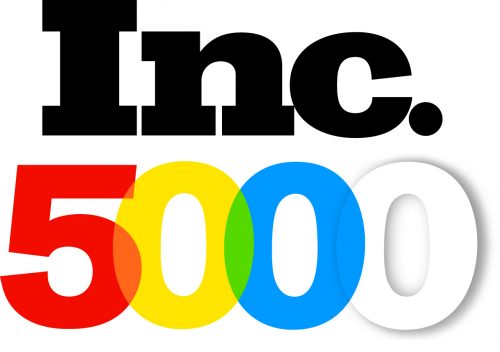More than 20 million Americans have taken out personal loans, carrying an average balance of more than $16,000.
In recent years, the popularity of this type of unsecured debt has grown exponentially. Now, people are turning to personal loans to cover myriad expenses, from home projects to vacations.
They’re also using them to help fund their other financial obligations, taking out a loan to consolidate their other forms of debt. While this might be an increasingly common move, is it a wise one?
Is it smart to get a personal loan to consolidate debt? Today, we’re diving into this question, sharing the pros and cons behind this move.
Making an Initial Plan
Debt consolidation is the process of rolling various unsecured debts into one comprehensive loan. You’ll use that loan to pay off your debts, then make monthly payments on the amount until you’ve paid it off in full.
Before you decide if a personal loan is an appropriate choice, your first step is to understand all of your options.
There are a few different ways you can consolidate debt. Let’s take a look at each one.
Personal Loan
A bank, credit union, or online lender can issue a personal loan. As mentioned, you can use this money to cover a variety of expenses. This includes using it to pay down your existing debt.
If you go this route, your lender will consider several factors to determine the interest rate of your loan, including your income and your credit score. In addition, most lenders will issue repayment timelines that span between three to five years.
Balance Transfer Credit Card
You can also consolidate your debt by applying for a balance transfer credit card. These cards often feature a special promotional period that allows you to enjoy 0% interest for a period of time.
Your creditors will determine how much of your debt you can transfer to this card. While this option might sound ideal, keep in mind that interest rates won’t stay at 0% forever. When they do kick back in, they usually soar.
Home Equity Loan
Some homeowners with equity in their property choose to take out a home equity loan to help pay off their debt.
As you are essentially borrowing against your house and using it as collateral to secure the loan, interest rates are usually low. Still, this is a risky option that could leave you at risk of losing your house if you’re unable to pay back the loan in full.
Is It Smart to Get a Personal Loan to Consolidate Debt?
Of the three options above, a personal loan is one of the most financially-sound approaches. Still, it isn’t for everyone.
Next, let’s review a few of the benefits of taking this step.
Fixed Interest Rate
Are you tired of the variable interest rates you encounter when you borrow money? In some cases, your rate will be dependent on a financial index, ebbing and flowing as the index rate changes.
When you take out a fixed-rate consolidation loan, you don’t have to worry about these surprise adjustments. Rather, you’ll know exactly what you’re supposed to pay from one month to the next, and that amount won’t change.
Still, it’s always smart to talk to your lender before agreeing on any terms. Some personal loans will feature ultra-low “teaser” rates. These are not fixed and will increase over time. Your lender will be able to tell you the maximum interest rate you’ll be expected to pay.
Lower Interest Rate
Not only will your interest rate be more predictable, but it could also be lower. While this isn’t always the case, personal loans tend to carry lower interest rates than other forms of debt.
This can help you save money in the short-term, but keep in mind your loan repayment timeline to determine your overall savings.
Longer Repayment Timeline
Sometimes, personal loans can carry longer repayment timelines than the current debts you’re juggling. Remember that while this can help alleviate your financial burden now, extending your timeline also means paying more in overall interest.
Some lenders will impose a prepayment fee if you try to pay off your loan early, so be sure to check before agreeing to any terms.
A Credit Boost
Carrying around loads of unpaid debt can do a number to your credit score. When you consolidate them into a personal loan, you can take steps to mitigate this damage.
First, with your new schedule, you should be able to start making on-time payments. Eventually, this can help improve your payment history. At the same time, when you stop maxing out your credit cards and start saving instead, you’ll also lower your credit utilization rate.
Both of these factors can help improve your credit score over time.
Drawbacks to Using a Personal Loan to Consolidate Debt
While there are many benefits to consolidating your debt with a personal loan, there are a few cons, too. Here are the drawbacks to expect.
More Interest Payments
As discussed, you could wind up paying more interest with a personal loan, especially if you stretch out your repayment timeline.
For instance, you might take out a loan with a 10-year repayment term, when you could have repaid the debt in only five years. This means you’ll pay interest for five additional years past what was necessary.
Possibly Higher Interest Rate
While most personal loans offer a lower interest rate than the individual debts you’re paying off, this isn’t always the case.
Before you sign on the dotted line, use an online debt repayment calculator to get a clearer view of how much you’re spending and saving.
Potential Fees
Some lenders will charge a fee when you want to take out a personal loan. Among others, these include:
- Application fees
- Origination fees
- Prepayment fees and penalties
If these fees are present, they can add so much onto your loan amount that it might be easier and more economical to simply pay your debts off individually.
What If You Don’t Qualify for a Personal Loan?
Without a solid credit score, it can be difficult to qualify for a personal loan. If this is the case, you can consider another form of debt consolidation known as debt resolution.
With this approach, you’ll work with a debt resolution specialist to communicate with each of your creditors and work out a solution for resolution. This means paying back your creditors for less than the amount you owe. The debt resolution company extends credit while you make a single monthly payment into an FDIC-insured dedicated account and manages the entire process for you to resolve your debt.
Once you’ve amassed enough into your dedicated account, the debt resolution specialist will pay off your balance with the creditor for the amount and terms agreed upon by you and the creditor, which is usually for much less than the balance owed.
Consolidate Your Debt in Confidence
When you’re ready to get a firmer hold on your outstanding debts, consolidation help.
By rolling all of your loan obligations into one monthly payment, you’ll take an easier and more effective approach to becoming debt-free.
However, is it smart to get a personal loan to consolidate debt? The answer depends on your personal situation, but there are definite advantages to pursuing that option.
Would you like to see a list of debt consolidation offers designed to meet your specific needs? If so, share a few details about your situation and let’s connect.




